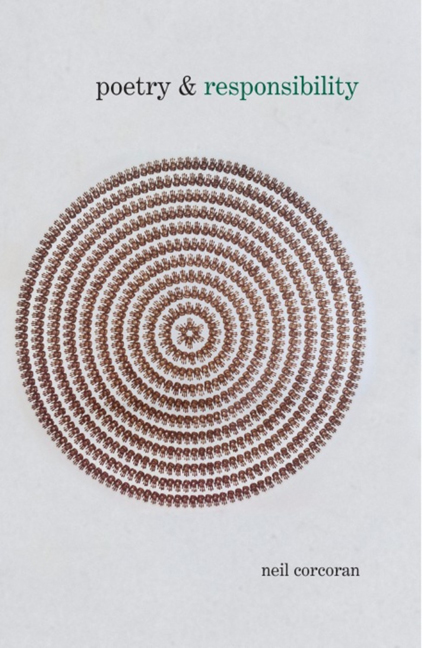3 - A Politics of Translation: Some Modern Hamlets
from PART I
Summary
It is almost certainly now a truism that Hamlet is an intensely political play, although it took the twentieth century fully to discover that; and it is also a truism that, at least since 15 June 1827, when Coleridge discovered Hamlet in himself (‘I have a smack of Hamlet myself, if I may say so’), Hamlet the character, Hamlet the prince, has acted as a self-representation for poets. Hamlet, who not only speaks poetry but lets us know that he is capable of penning an additional speech for the play of Gonzago, is, in Romantic and post-Romantic conceptions, an honorary or co-opted poet. T. S. Eliot's famous figuration in ‘The Love Song of J. Alfred Prufrock’ in 1917, where the poem's smartingly self-conscious persona says, ‘No! I am not Prince Hamlet, nor was meant to be’, may be read as both a knowing inheritance from, and a telling critique of, a tradition of poetic fascination and self-identification which had culminated in the nineteenth-century French poetry avidly read and, some of it, stolen by the young Eliot: such poems as Baudelaire's ‘La Béatrice’, for instance, Rimbaud's ‘Ophélie’, Mallarmé's ‘Le Pitre Chatié’, and ‘Hamlet; ou les Suites de la Piété Filiale’ in Laforgue's Moralités Légendaires.
In this chapter I want to think about three figurations of Hamlet, latecomers after so many interventions, by poets reading themselves and their contemporary culture into, through and out of the play and its hero, and now at moments of peculiarly modern political stress. Two of these are translations, versions, or imitations in English of poems already existing in other languages, Russian and Polish; and the third is an original poem by a renowned poet-translator, which may also be comprehended by an idea of translation.
- Type
- Chapter
- Information
- Poetry & Responsibility , pp. 40 - 56Publisher: Liverpool University PressPrint publication year: 2014



